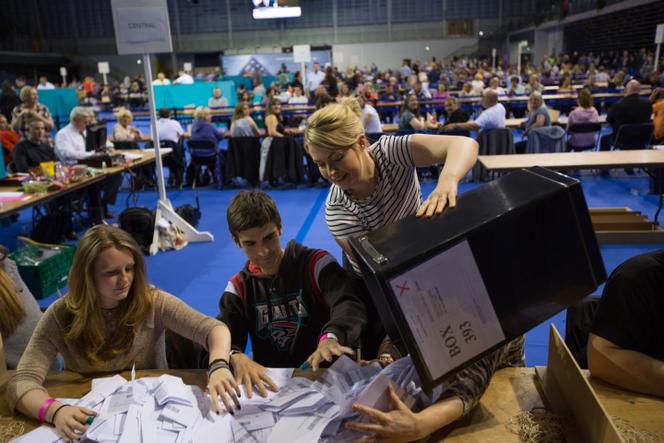


The British government said Thursday it plans to allow 16- and 17-year-olds to vote in general elections, a landmark change giving the United Kingdom one of the world's lowest voting ages. The center-left Labour Party pledged before it was elected in July 2024 to lower the voting age for elections to Britain's Parliament. Scotland and Wales already let 16- and 17-year-olds vote in local and regional elections.
The voting age change is likely to prove contentious, with critics previously arguing it is self-serving as newly enfranchised teenagers are seen as more likely to support the center-left Labour party. The government will have to bring legislation before parliament, where it has a comfortable majority, to make the changes.
"I think it's really important that 16- and 17-year-olds have the vote, because they are old enough to go out to work, they are old enough to pay taxes, so [they] pay in," Prime Minister Keir Starmer said. "And I think if you pay in, you should have the opportunity to say what you want your money spent on, which way the government should go."
Only a small number of countries allow 16-year-olds to vote in national elections, according to online databases. They include Austria, which became the first EU country to lower the voting age to 16 when it made the shift in 2007, as well as Argentina, Brazil, Ecuador and Cuba.
Labour ministers in the UK insist the change is intended to "modernize our democracy" and boost turnout, while aligning general elections with the existing voting age for elections for the devolved regional parliaments in Scotland and Wales. Other planned changes include introducing automated voter registration, which is already used in Australia and Canada, and making UK-issued bank cards an accepted form of ID at polling stations.
It follows changes to the electoral law introduced by the previous Conservative government which required voters to show a photo ID, which the Electoral Commission found led to around 750,000 people not voting in last year's election.
